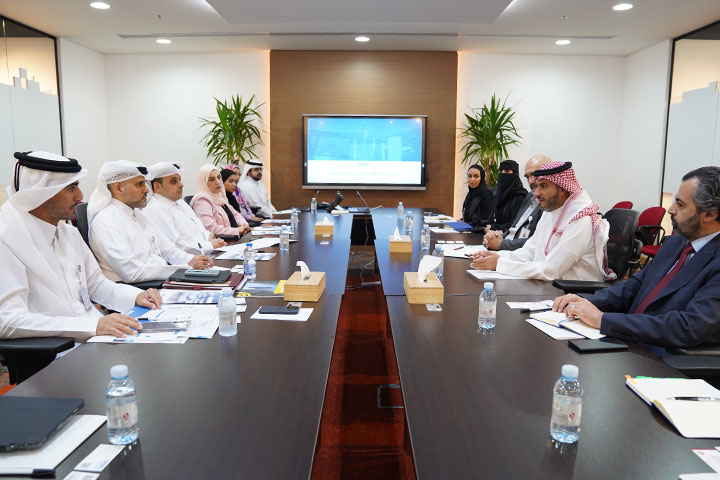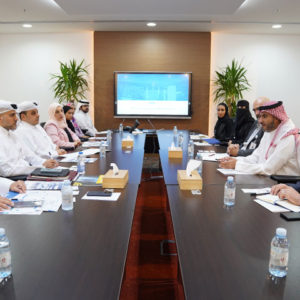Urban Policy Research 4

Lorem ipsum dolor sit amet consectetur. Sodales interdum arcu viverra tempor habitant quis. Dignissim massa hendrerit sodales aliquam ornare id donec. Neque tellus eget mi imperdiet pellentesque tellus. Arcu eget quis id vulputate sollicitudin orci rhoncus aliquet eget. Sit felis porttitor nunc egestas orci nibh id viverra. Hendrerit lectus montes et nibh faucibus sed tristique. Varius diam arcu volutpat sagittis. Dictumst accumsan scelerisque nibh pharetra. Pellentesque at in egestas risus facilisi fusce vestibulum tristique nullam. Venenatis bibendum eu sed sit amet dui sit sed. Maecenas sed ultrices nisi condimentum commodo fringilla.
Lorem ipsum dolor sit amet consectetur. Sodales interdum arcu viverra tempor habitant quis. Dignissim massa hendrerit sodales aliquam ornare id donec. Neque tellus eget mi imperdiet pellentesque tellus. Arcu eget quis id vulputate sollicitudin orci rhoncus aliquet eget. Sit felis porttitor nunc egestas orci nibh id viverra. Hendrerit lectus montes et nibh faucibus sed tristique. Varius diam arcu volutpat sagittis. Dictumst accumsan scelerisque nibh pharetra.

















